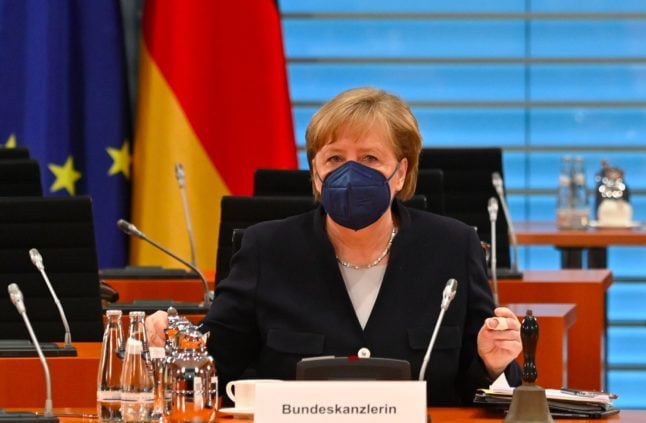The UN agency also warned of continuing gaps in access to mosquito nets and anti-malaria treatments, as well as worrying signs of resistance to insecticides and drugs.
Global mortality rates fell by 47 percent between 2000 and 2013 and by 53 percent in children under the age of five, the WHO said in its annual report on the disease.
In sub-Saharan Africa, where 90 percent of all malaria deaths occur, the mortality rate was down 54 percent — 58 percent in under fives, the equivalent of about 3.9 million children's deaths averted.
"These are truly unprecedented results and phenomenal news in terms of global health," said Pedro Alonso, director of the WHO's global malaria programme.
Despite a 43-percent increase in the population in the region, the number of infections at any one time fell 26 percent between 2000 and 2013.
Meanwhile 13 of the 97 malarial countries reported no cases of the disease last year, including Azerbaijan and Sri Lanka, which recorded their first ever zero result.
Alonso attributed the progress in large part to increasing financial and political commitment, as well as improvements in diagnosing and therefore treating cases.
However, despite a threefold increase in investment since 2005, malaria programmes are still underfunded — $2.7 billion in 2013 against a $5.1 billion international target.
And as a result, major gaps remain.
Access to insecticide-treated bed nets has improved significantly, but 278 million people at risk in sub-Saharan Africa still live in households without one.
The report also said 15 million of the region's 35 million pregnant women receive no preventative treatment.
And 437,000 African children under the age of five still died from the disease in 2013, out of a total of 584,000 deaths across the world.
"We can win the fight against malaria. " said WHO director-general Margaret Chan.
"We have the right tools and our defences are working," Chan said.
"But we still need to get those tools to a lot more people if we are to make these gains sustainable."
Ebola threatens gains
The fragility of the gains is evident in Sierra Leone, Guinea and Liberia, where the Ebola outbreak has halted malaria programmes in some areas and put a huge strain on health services.
"The collapse of health systems has affected all core malaria interventions and is threatening to reverse recent gains," Chan warned.
Health workers across the world are increasingly using simple tests to diagnose malaria on the spot. But these have been suspended in Ebola affected areas because of concerns about spreading the virus.
Many people with malaria are also staying away from clinics, and if "they are not getting treated, you can be sure that mortality is going to increase", said Richard Cibulskis, lead author of the malaria report.
A total of 20,000 people died from malaria across the three hardest hit countries in 2013.
More than 6,300 people have died from Ebola in the region in the past year.
Aside from the direct consequences, the resurgence of malaria could also harm the fight against Ebola because the two have similar symptoms, making it difficult to diagnose the deadly virus, experts warn.
Unicef last week launched a campaign to provide anti-malarial drugs to 2.4 million people in Sierra Leone, while global aid agency Doctors Without Borders is conducting a smaller scale effort in Liberia.
Another issue threatening progress is the rise of insecticide resistance, which has been reported in 49 countries since 2010 — 39 of which reported resistance to two or more insecticide classes.
The WHO raised particular concern about the development of resistance to a commonly used drug, artemisinin, in Cambodia, Laos, Myanmar, Thailand and Vietnam.
"Emerging drug- and insecticide-resistance continues to pose a major threat, and if left unaddressed, could trigger an upsurge in deaths," Chan said.



 Please whitelist us to continue reading.
Please whitelist us to continue reading.
Member comments